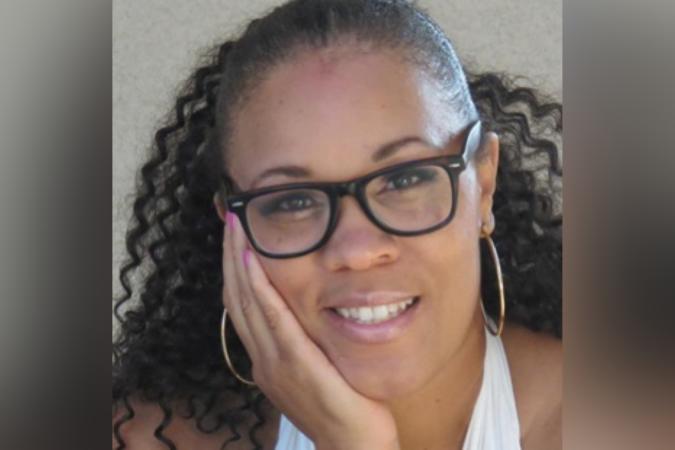When one typically thinks of farmers, images of white people in Middle America almost immediately come to mind. There’s a variety of reasons why the United States wanted to push the quasi-stereotypical “Dust Bowl” image of the “All American” farmer, but those reasons are all, at their core, rooted in white supremacy and racism.
For Angela Dawson, a fourth-generation farmer based in Minnesota and the founder of the 40 Acres cooperative, reclaiming the farming narrative for Black farmers also involves reclaiming the farms that were stripped away from them.
“There is so much financial trauma embedded in the Black farming narrative,” she told AfroTech. “Foreclosure, racism, slavery, marginalization — and, of course, the lack of representation. What farmers look like us in the popular narrative? That’s why, whenever Congress passed a farming bill, it never included Black farmers. But that’s what we’re looking to change.”
Dawson left her thriving career as a food writer and marketer to found The 40 Acres farming cooperative, which is a network of Black farmers and growers who are considered “socially disadvantaged,” and who share both resources and finances within the cooperative. While the concept of farming co-ops is as old as America itself, Black co-ops historically had an added layer of importance and protection, as many Black farmers used the co-op system as a way of getting out of the cycle of sharecropping and slavery.
But throughout the 20th century, racist policies at the U.S. Department of Agriculture shut out minority-run cooperatives from accessing government assistance. That’s why Angela Dawson is correct when she refers to the challenge of penetrating “the last plantation of the Executive Branch.”
“Black farmers are the foundation of agriculture in the United States,” she said. “And thanks to the racist policies of the past, people like my father — who was shoved off of his farm, and who never fully assimilated into city life after he was shut out — were thrown off-kilter. Sure, things are changing now, and that’s great — but we don’t just want promises. We want action.”
Recent changes to USDA policies aim to address historic disadvantages for farmers left behind — and, notably, the Biden administration has promised to ramp up the debt relief programs to help Black farmers, promising them $5 billion in the latest relief package — but that’s only a drop in the bucket.
“Of the 3.4 million farmers in the United States today, only 45,000 are Black, according to the USDA, down from 1 million a century ago. Black farmland ownership peaked in 1910 at 16 to 19 million acres, about 14 percent of total agricultural land, according to the Census of Agriculture,” says The Washington Post.
Angela Dawson, meanwhile, doesn’t just want to bring farming back to the Black community. Rather, she wants Black farmers to understand that reclaiming their farms means that they will reclaim their generational wealth.
“Black farmers are long overdue to receive the critical social equity that they deserve to make things right for themselves and their families,” she said. “And while I, luckily, have been well-received by what I like to call ‘the right people,’ that’s only one part of the equation. We have a long way to go — but together, we’ll get there.”
Editorial note: Portions of this interview have been edited and condensed for clarity.

















